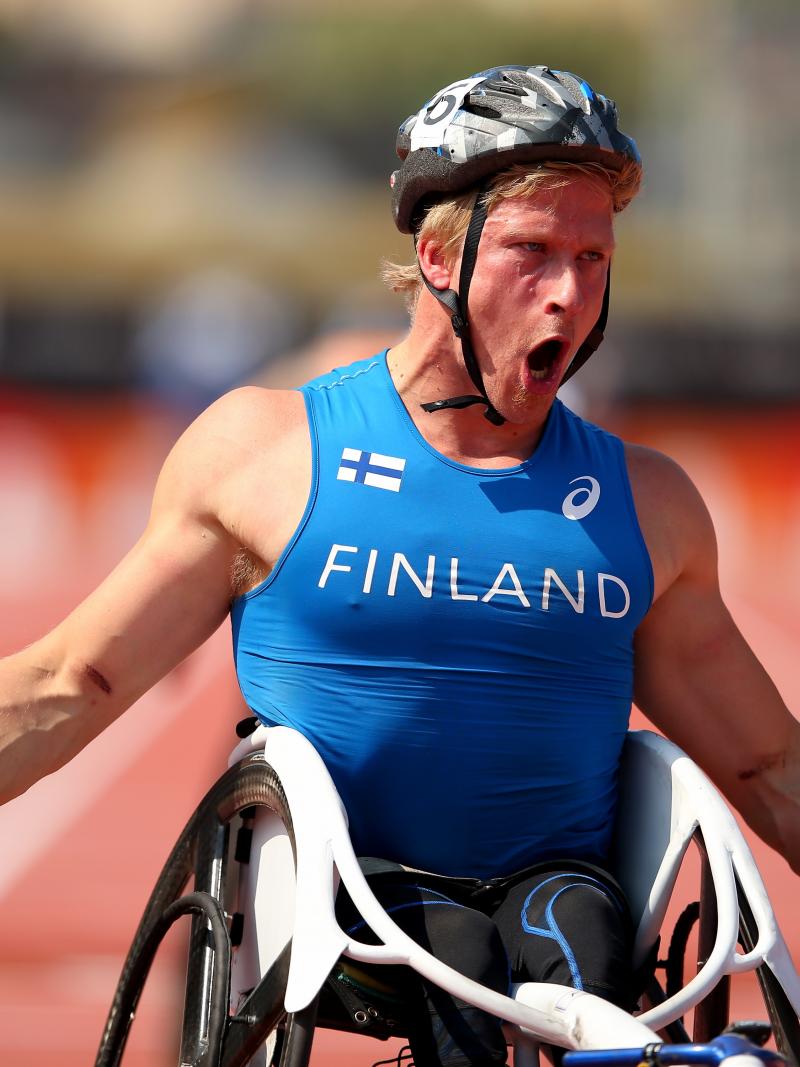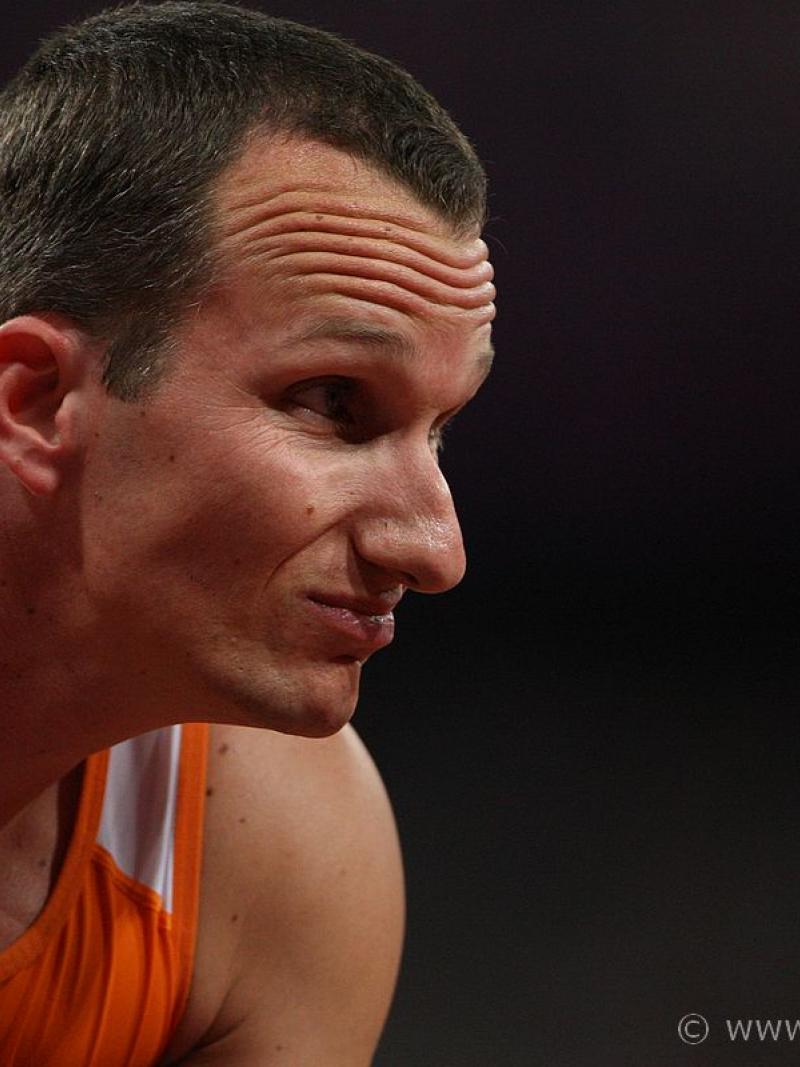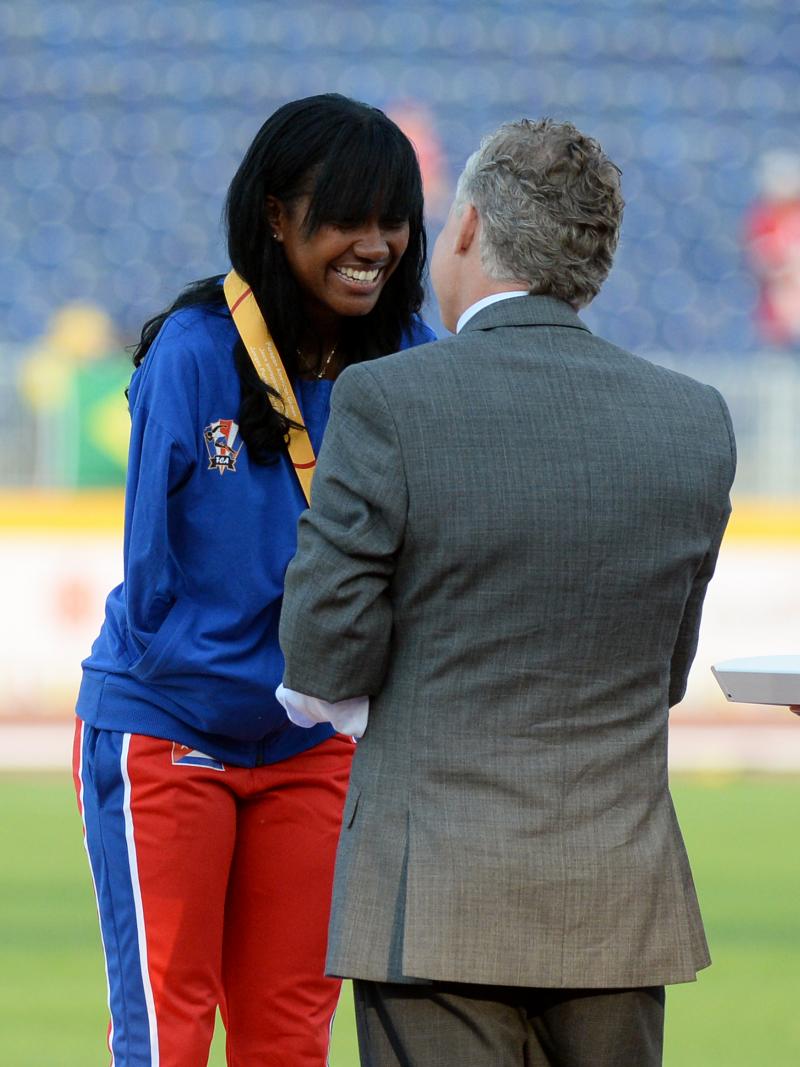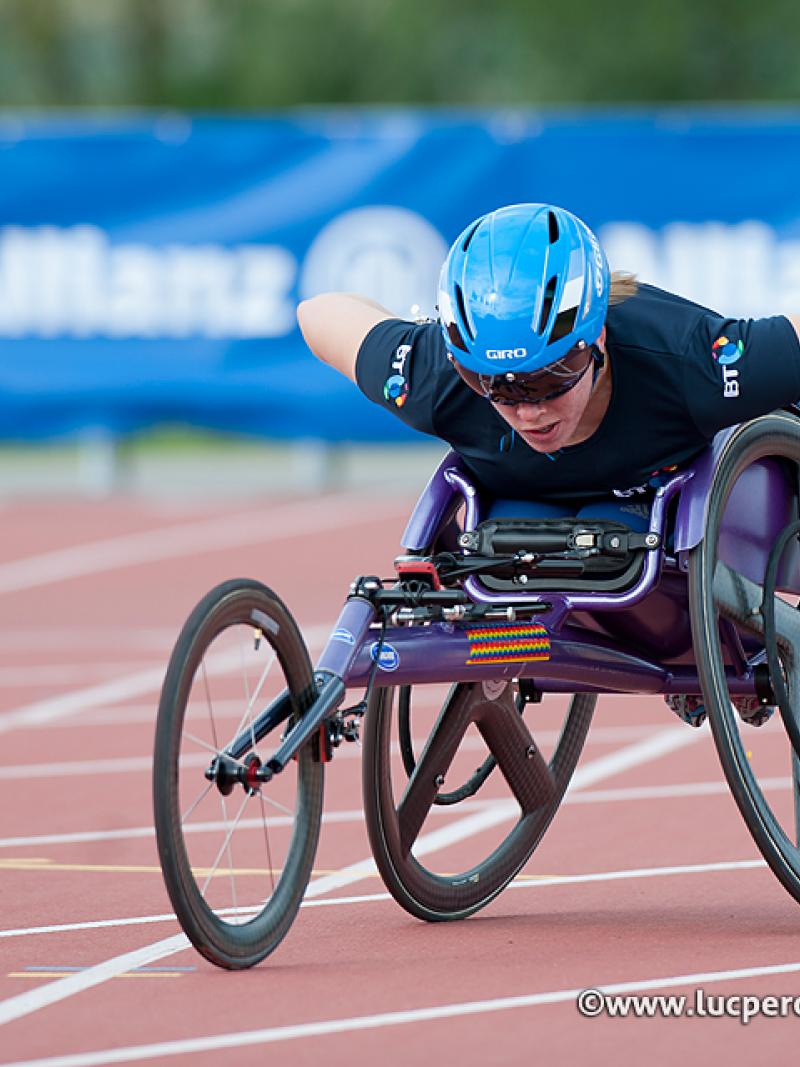Workout Wednesday with Great Britain’s David Weir
With less than one month to go until the IPC Athletics World Championships, David Weir takes us through his normal training day. 23 Sep 2015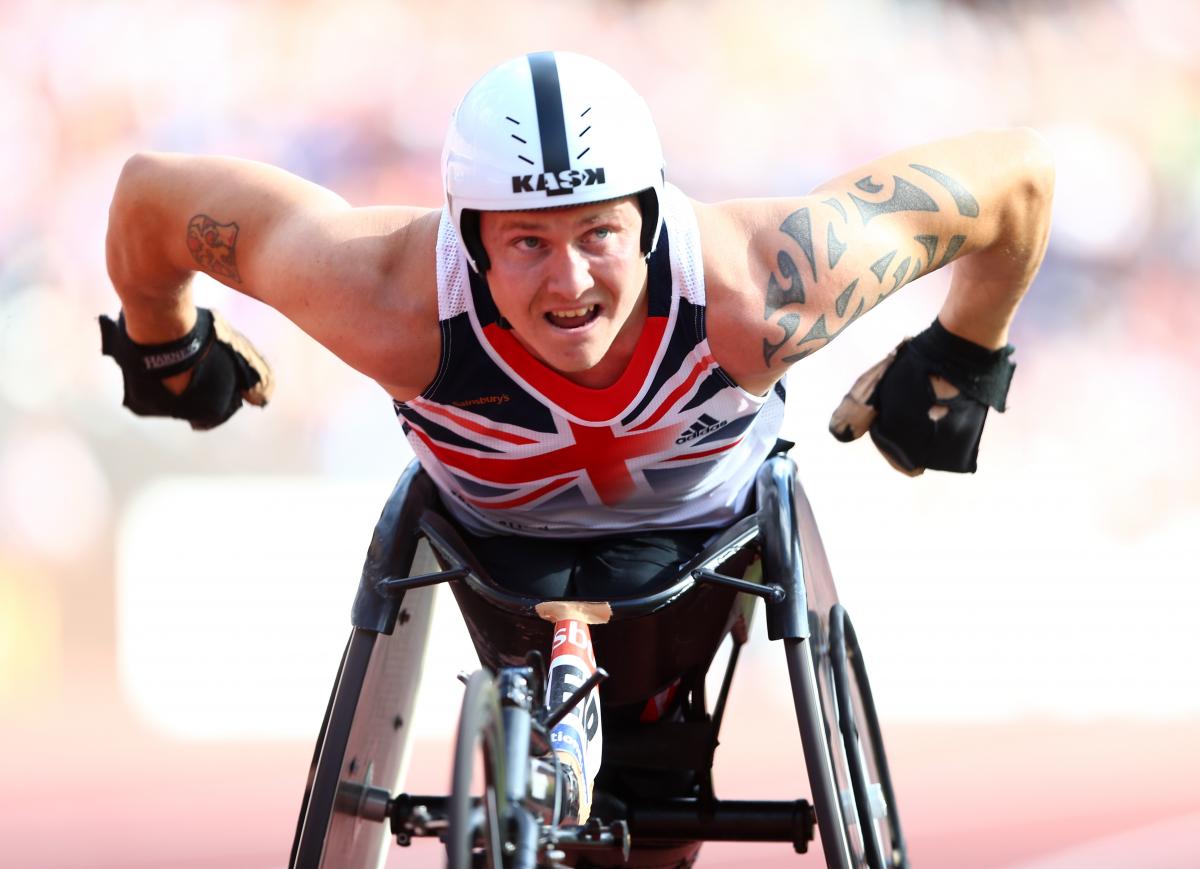
Great Britain's David Weir took a year off after the London 2012 Paralympic Games and is now back on course to compete at Rio 2016.
Multiple Paralympic champion David Weir has been at the forefront of wheelchair racing in Great Britain – and around the world – for over a decade, winning his first Paralympic medals at Athens 2004.
As well as achieving on the track, Weir is also a talented and successful marathon racer – he won his sixth London marathon title in 2012, 10 years after his first victory.
The 36-year-old has been selected to represent Great Britain & Northern Ireland once again at October’s IPC Athletics World Championships in Doha, Qatar - here he talks us through his ‘Workout Wednesday’, revealing just what it takes to be one of the best para-athletes in the world.
David Weir’s #WorkoutWednesday
A typical day in the Weir house is up pretty early. With two young kids I’m pretty much up when they are awake, which is about 07.30 – which isn’t too bad really.
We all have breakfast together. The kids have what they want, but it depends with me what kind of session I’ve got, what I can stomach quickest. It’ll probably be some fruit, something easy, and a cup of tea or coffee, depending on what night’s sleep I’ve had or what training session I’ve done the night before.
Then I head to the road, or the track depending on what time of year it is. I train at Richmond Park in London – I wait until the traffic has died down to get over there so I can be training in the park about 10.00 or 10.30. Once you get in that park and see how glorious it is you never get bored of going round it.
Some of the lads from the Weir Archer Academy will be there, maybe training in the park with me. I have a cyclist who will pull me round at whatever my coach Jenny (Archer) has set for the session.
What I do depends what I been doing the day or night before, and what we have coming up. Also what my body is telling me. We have a plan, but I am at that age when I need to see how my body is coping with the session. It can be interval stuff – fast and hard bits, or long pushes. The park is very hilly – I’m always climbing at some point.
I come across deer in the park all the time, but I know how to treat them. It’s the horses that we have to be careful about. I know the riders and I warn them I’m coming past; I just sit up because the horses don’t know wheelchairs too well. It’s their park too so we have to show them a bit of respect. The deer are fine, they just dart off in a different direction.
After the session I’ll go home and have some lunch with the family. I might have salad with fish, or potatoes, or it might be a sandwich with some extra carbs on the side: whatever I feel I need.
The rules are when I get back from training I don’t talk about it or racing - which has helped me, to tell the truth. If you feel like you’re having a bad time in training and you drive home and think about it, then by the time I get home I’m playing with the kids and I’ve forgotten about it.
I might have a second session later on around 18.00 back at the track, when I can do stuff at the Academy as well. I don’t do double sessions every day because I’m at that age where my body can’t cope with that every day.
I train at Kingsmeadow track in Kingston. The boys from the Academy either try and do the same session as me, or Jenny will set them something else - but we always line up and do starts and stuff like that.
I can be home quite late, 21.30 sometimes. So I try and have something prepared and ready that I can eat; something quick. I’m lucky with sponsorship deals – from Muscle Food and people like that, so I already have good high protein food so it’s easy to knock something up pretty quick.
I try and get to bed before midnight as much as I can - I try and have a lay in but that’s difficult with children. The kids might wake up in the night but my body is used to it and I’m pretty lucky because Emily will get up in the night and see to them if they need – I’m thankful for that. But that’s what happens when you are a father, you have to deal with it. I wouldn’t change it for the world.
The IPC Athletics World Championships will take place in Doha, Qatar, between 21-31 October, attracting 1,400 athletes from 100 countries.

 Facebook
Facebook
 Instagram
Instagram
 Twitter
Twitter
 Youtube
Youtube

